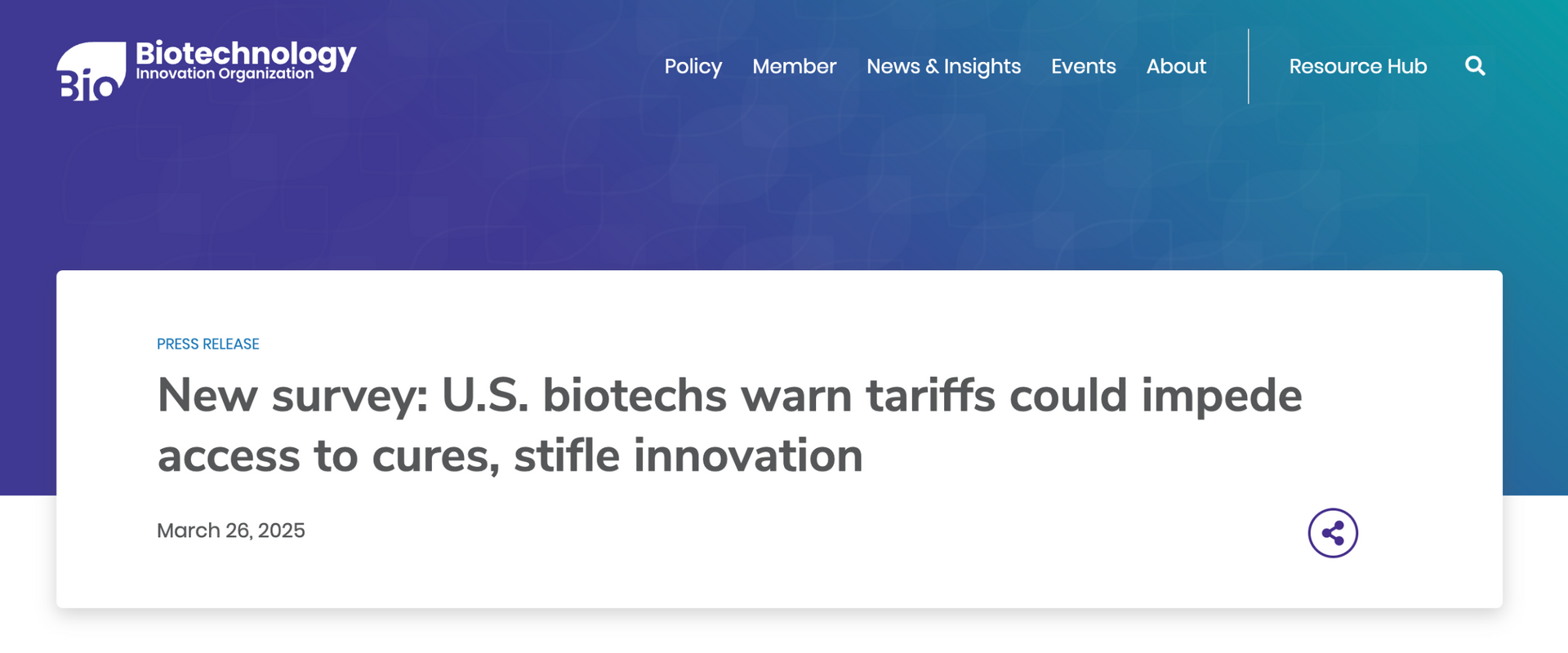Efforts Continue to Repeal Onerous R&D Amortization Rules
Driving Innovation Through R&D Tax Policy Reform
The Tax Relief for American Families and Workers Act of 2024 or HB 7204 was introduced that would, among other things, repeal current rules and allow a business to deduct of R&D costs in the tax year that they occur and thereby incentivize long-term investments in innovation.
Such repeal has been a top policy priority for MichBio and the bio-industry generally as it would aid many early-stage companies who have suffered greatly by not being able to immediate qualified tax relief for their businesses. HB 7204 had broad support from the Michigan Congressional delegation with Reps. Huizenga, Moolenaar, Kildee, Scholten, Slotkin, and Stevens, having signed as co-sponsors.
The legislation passed the House with strong bipartisan fashion (357-70) in an after-hours vote on January 31, 2024. It restores the ability to immediately deduct R&D expenses. In addition, the bill included the following provisions: reinstatement of bonus depreciation to 100% until 2026, made retroactive to 2022, meaning taxpayers will be able to deduct all R&D expenses that were previously amortized, restored ability to allow depreciation, amortization and depletion when determining the limitation on business interest expense deductions under Section 163(j), and extended the period in which the IRS can audit ERC claims to six years and terminates the ability to submit any ERC claim after January 31, 2024.
The Bill now resides with the Senate Finance Committee. However, ranking Minority Chair Crapo has major issues with the overall bill, mostly related to other, non-R&D amortization, elements. Both Michigan Sens. Stabenow and Peters are strong supporters of the bill. However, deep misgivings by Senate Republicans and an unwillingness to go against the Minority Committee Chair has stalled action on the bill.
MichBio is continuing to press Congressional leaders to move the measure forward this spring.
RECENT ARTICLES




